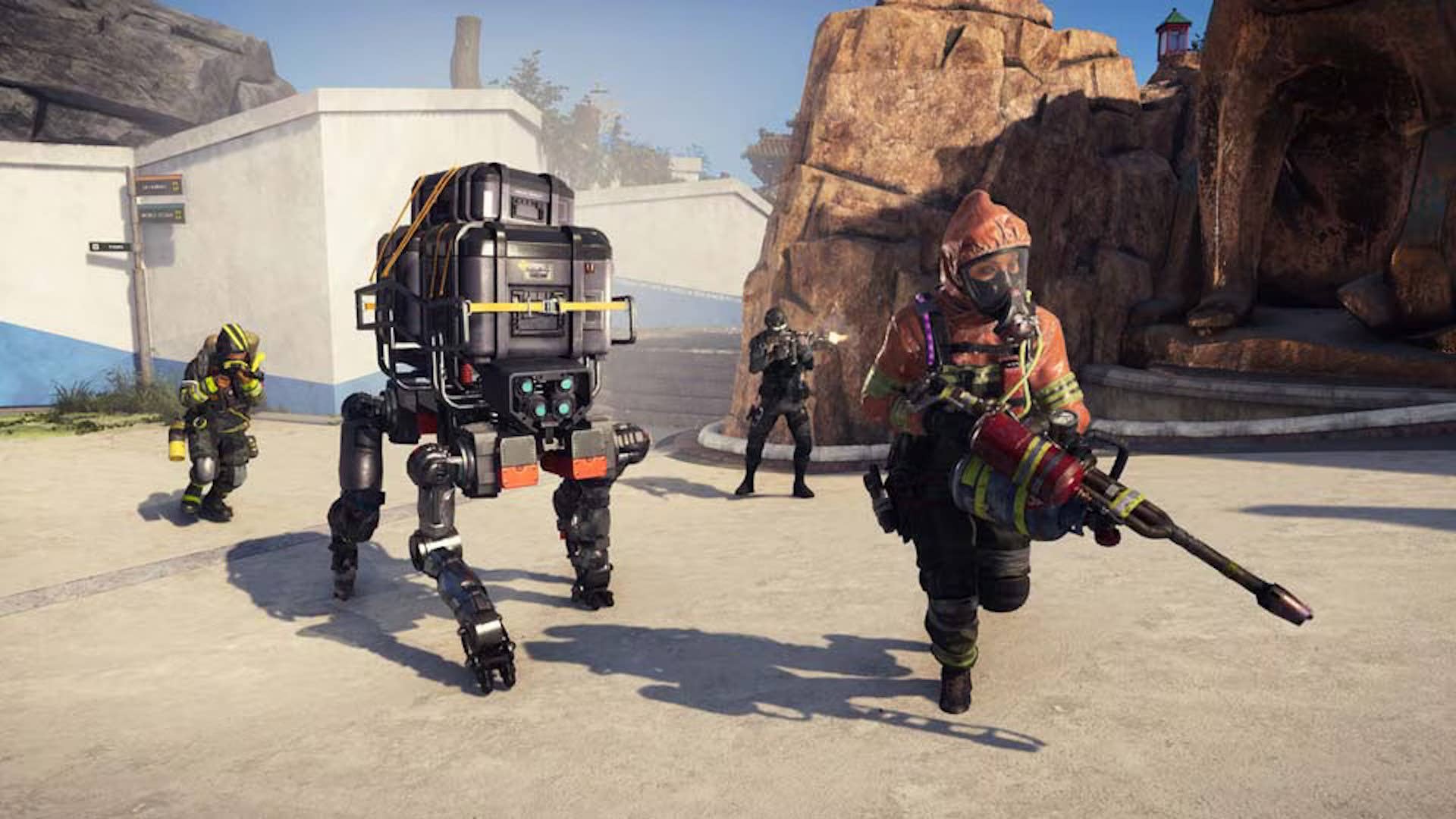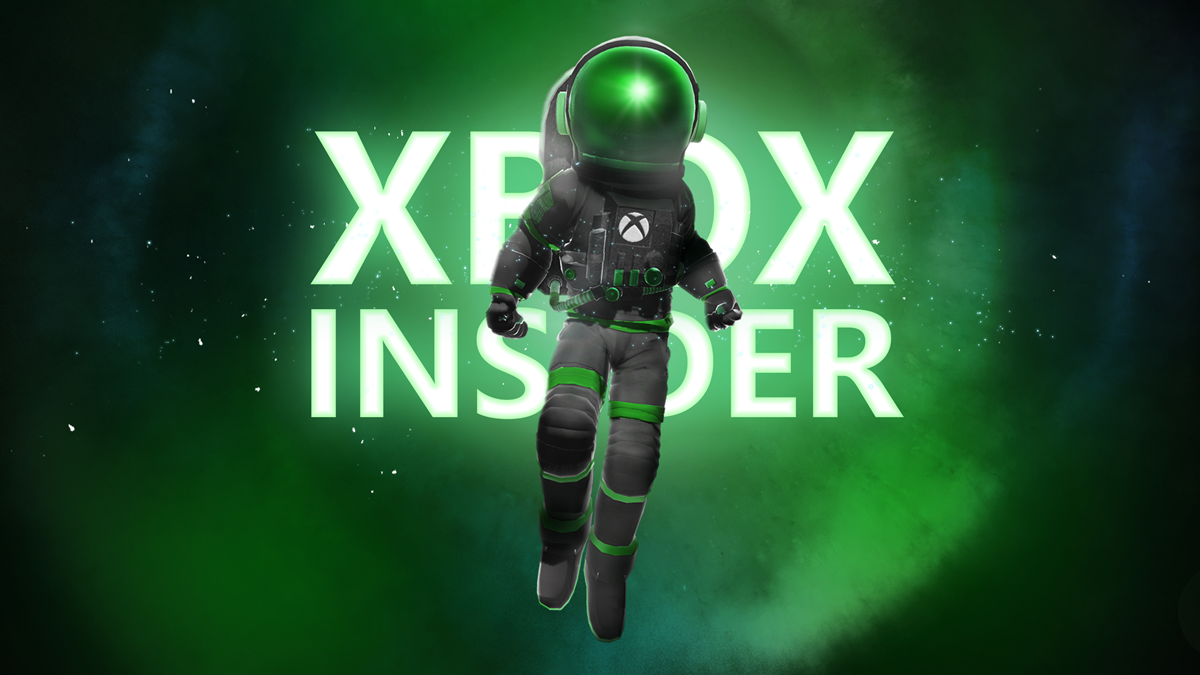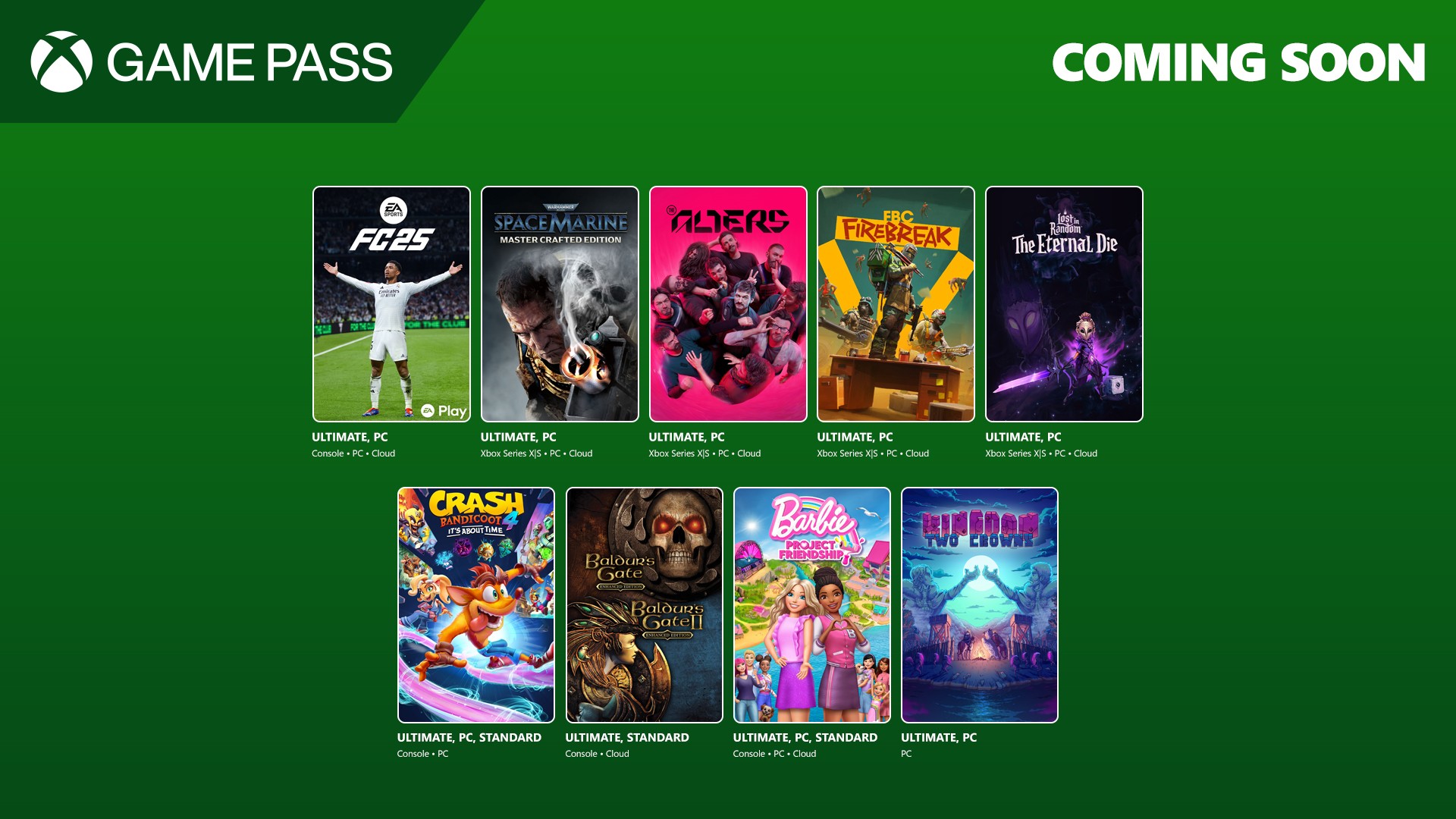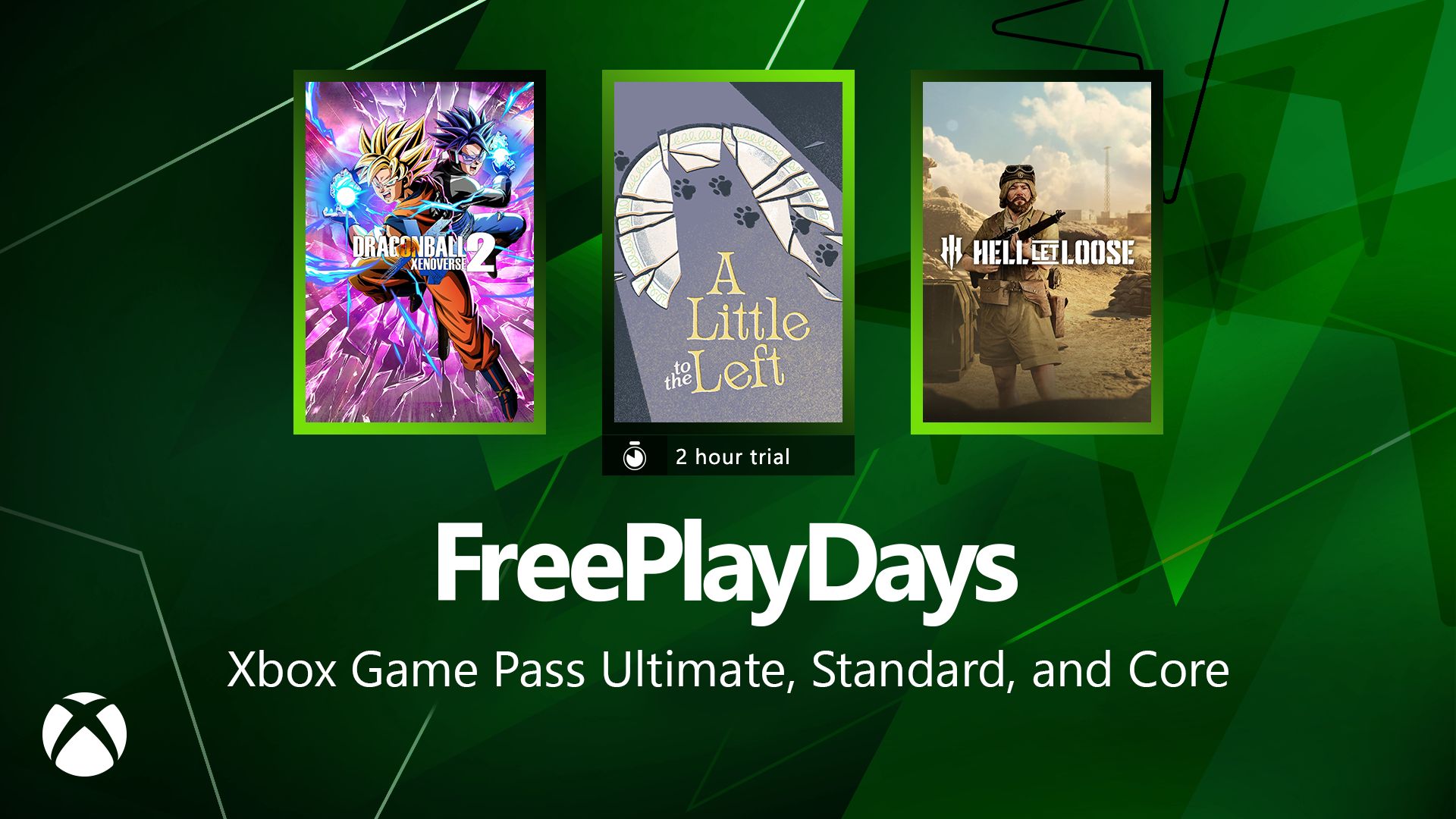How Smart Contracts Automate Compliance in Decentralized Casinos
Discover how smart contracts enhance compliance in decentralized casinos by automating KYC, payouts, fairness, and regulatory enforcement seamlessly.

Smart contracts are self-executing digital agreements stored on blockchain networks. These coded protocols automatically enforce the terms and conditions agreed upon by the parties involved. In the online gambling industry, especially in decentralized casinos, smart contracts are transforming how compliance is managed by automating processes that once required manual oversight.
By integrating smart contracts into casino game development, platforms achieve not only transparency but also reliability. This shift helps maintain legal integrity while enhancing user trust and experience.
The Rise of Decentralized Casinos
Traditional online casinos operate under centralized control, where a single entity manages all aspects of the platform. This centralization can lead to issues such as lack of transparency, delayed payouts, and potential manipulation of game outcomes. Decentralized casinos, on the other hand, leverage blockchain technology to distribute control across a network of nodes, removing the need for a central authority.
The benefits of decentralized casinos include:
-
Transparency: All transactions and game outcomes are recorded on a public ledger, allowing players to verify fairness.
-
Security: Blockchain's cryptographic features protect against fraud and unauthorized access.
-
Efficiency: Automated processes reduce the need for manual intervention, leading to faster transactions and lower operational costs.
-
Global Accessibility: Players from different jurisdictions can access the platform without facing geographical restrictions.
As the demand for decentralized gaming experiences grows, the role of specialized casino game development companies becomes increasingly important. These companies possess the expertise to build platforms that are not only engaging but also compliant with various regulatory requirements.
Core Principles of Compliance in Online Casinos
Compliance is a critical aspect of operating an online casino. Operators must adhere to various regulations to ensure fair play, protect players, and prevent illicit activities. Key compliance areas include:
-
Know Your Customer (KYC): Verifying the identities of players to prevent fraud and underage gambling.
-
Anti-Money Laundering (AML): Monitoring transactions to detect and prevent money laundering activities.
-
Responsible Gaming: Implementing measures to prevent gambling addiction and ensure player well-being.
-
Data Protection: Safeguarding personal and financial information in accordance with data privacy laws.
Meeting these compliance requirements can be complex, especially when operating across multiple jurisdictions. However, smart contracts offer a solution by automating many of these processes, ensuring consistent adherence to regulations.
How Smart Contracts Help Ensure Regulatory Compliance
Smart contracts can be programmed to enforce compliance measures automatically. For instance:
-
Automated KYC/AML Checks: Smart contracts can integrate with third-party verification services to confirm player identities and monitor transactions for suspicious activity.
-
Geo-Blocking: Contracts can restrict access based on a player's location, ensuring that the platform operates only in permitted jurisdictions.
-
Transaction Limits: To promote responsible gaming, smart contracts can enforce deposit and betting limits.
-
Audit Trails: All actions are recorded on the blockchain, providing a transparent and immutable record for regulatory review.
By embedding these compliance measures into the platform's code, operators can reduce the risk of human error and ensure that all players are subject to the same rules and protections.
Transparency and Fairness Through Smart Contracts
One of the main concerns in online gambling is the fairness of games. Players want assurance that outcomes are not manipulated. Smart contracts address this by enabling provably fair gaming.
In a provably fair system, the outcome of each game is determined by a combination of random seeds from both the player and the server, processed through a cryptographic algorithm. Since the process is transparent and verifiable, players can confirm that the results are fair and unbiased.
Additionally, smart contracts ensure that payouts are executed automatically and immediately upon game completion, eliminating delays and disputes. This level of transparency builds trust and enhances the overall gaming experience.
Enforcing Terms and Conditions Automatically
Online casinos often have complex terms and conditions governing gameplay, bonuses, and promotions. Enforcing these rules manually can be challenging and prone to inconsistencies. Smart contracts simplify this by automating rule enforcement.
For example, a smart contract can be programmed to:
-
Distribute Bonuses: Automatically credit a player's account with a bonus after meeting specific criteria.
-
Restrict Withdrawals: Prevent withdrawals until wagering requirements are fulfilled.
-
Enforce Betting Limits: Ensure that players cannot place bets exceeding predefined limits.
By codifying these rules into smart contracts, operators can ensure consistent enforcement, reduce disputes, and enhance operational efficiency.
Decentralized Identity Verification (DID)
Decentralized Identity Verification (DID) is an emerging concept that allows individuals to control their personal information without relying on centralized authorities. In the context of online casinos, DID can streamline the KYC process while enhancing privacy.
With DID, players can verify their identities once and use their credentials across multiple platforms. Smart contracts can interact with these credentials to confirm a player's identity without accessing sensitive personal data. This approach not only simplifies the onboarding process but also reduces the risk of data breaches.
Real-time Payments and Payout Automation
One of the standout benefits of smart contracts in decentralized casinos is the automation of financial transactions. In traditional online casino systems, payouts often require manual processing, which can lead to delays, errors, and dissatisfaction among players. This manual intervention also opens the door for disputes and inconsistency in payout practices.
Smart contracts resolve this by ensuring instant, automatic, and transparent payouts. When a player wins a game, the contract calculates the reward based on predefined conditions and sends the payment directly to the player’s wallet. There is no need for approval from a human operator, which significantly reduces waiting times and increases player satisfaction.
Moreover, these contracts can also automatically deduct fees or taxes as mandated by jurisdictional laws. This ensures that the platform remains compliant without relying on administrative staff. The payment process is securely logged on the blockchain, creating a permanent and auditable financial trail that enhances trust for players and regulators alike.
Mitigating Fraud and Money Laundering
Online gambling platforms have always been attractive targets for fraudulent activities and money laundering due to the sheer volume of transactions and the anonymity often afforded to users. Decentralized casinos using smart contracts are in a much better position to monitor, detect, and prevent such illicit activities.
Smart contracts can be programmed with sophisticated fraud-detection logic, including:
-
Pattern recognition algorithms that identify unusual betting behavior.
-
Alerts triggered when multiple accounts show linked transactions or winnings.
-
Blocking transactions that exceed certain thresholds without proper verification.
Additionally, real-time blockchain analytics tools can feed data into these contracts, enabling dynamic responses such as temporary account holds, automatic freezing of suspicious assets, or flagging transactions for human review.
By implementing these features, smart contracts serve as a powerful tool to combat financial crimes, adding a layer of security that traditional systems often lack. This level of protection is vital for any casino game development company aiming to create legally compliant platforms in the competitive iGaming market.
Tokenization and Regulatory Implications
In decentralized casinos, many platforms issue their own tokens that players can use for betting, rewards, and governance. While tokenization enhances user engagement and platform scalability, it also brings regulatory scrutiny—especially if tokens resemble financial instruments.
Smart contracts facilitate responsible token issuance and management by:
-
Defining token limits to prevent inflation or oversupply.
-
Setting rules for transferability based on user verification and jurisdiction.
-
Restricting use in regions where such tokens are classified as securities.
Casino game developers working with blockchain must be well-versed not only in technical implementation but also in compliance requirements tied to token economics. Ensuring legal usage of in-game assets is a hallmark of credible casino game development services.
Smart Contracts in Dispute Resolution
Disputes are inevitable in online gambling—whether related to payouts, bonus eligibility, or game outcomes. Traditionally, resolving such conflicts requires customer support and sometimes arbitration. Smart contracts, however, provide a faster and more objective dispute resolution framework.
These contracts can be designed to:
-
Enforce time-bound mediation procedures, automatically freezing funds in dispute.
-
Collect relevant logs and data from the blockchain to determine outcomes.
-
Involve third-party arbitration only if automatic logic cannot resolve the issue.
By working with a Smart Contract Development Company, casino operators can ensure that these functionalities are correctly coded and fully aligned with platform policies and regulatory requirements. This automation reduces customer service costs and ensures fair handling of disputes, enhancing the platform’s reputation and efficiency.
Cross-Border Gambling Compliance Made Easier
Operating across borders introduces a variety of legal hurdles, as gambling regulations differ significantly from one country to another. Smart contracts, however, offer dynamic adaptability, which allows decentralized casinos to remain compliant across multiple jurisdictions.
For instance, a smart contract can:
-
Read a player’s verified location and automatically apply that region’s gambling restrictions.
-
Enforce transaction and betting limits based on local laws.
-
Adapt bonus structures to meet regulatory requirements in different markets.
This not only ensures compliance but also allows operators to expand globally without legal complications, as long as the casino game developers behind the platform have embedded such compliance mechanisms into the code.
Oracles and External Data Integration
Smart contracts are inherently limited to the blockchain environment and cannot fetch external data on their own. This is where oracles play a crucial role. Oracles act as bridges between on-chain smart contracts and off-chain data sources, making them essential for decentralized casino operations.
In a gaming context, oracles can:
-
Provide real-world sports scores to finalize bets.
-
Verify the outcome of a game hosted off-chain.
-
Fetch KYC verification status from external systems.
Oracles ensure that smart contracts have accurate, real-time data needed to execute actions fairly and lawfully, enhancing both transparency and compliance.
Future Trends: AI and DAO Governance
The evolution of decentralized casinos continues with the integration of Artificial Intelligence (AI) and Decentralized Autonomous Organizations (DAOs). AI tools can augment compliance systems by:
-
Analyzing behavioral patterns for early fraud detection.
-
Tailoring responsible gaming features to individual player profiles.
-
Predicting regulatory changes and suggesting updates.
Meanwhile, DAOs allow player communities to vote on operational policies, ensuring transparent and democratic decision-making. Together with smart contracts, these technologies are setting the stage for highly autonomous, secure, and player-centric casino ecosystems.
Choosing the Right Casino Game Development Partner
Building a compliant and scalable decentralized casino requires more than just blockchain knowledge—it demands deep expertise in game mechanics, regulatory frameworks, and user engagement strategies. That’s why partnering with a qualified casino game development company is crucial.
Top developers offer:
-
Proven experience with casino game development services.
-
Knowledge of blockchain integrations and smart contract deployment.
-
A team of expert casino game developers who can design games that are fun, fair, and fully compliant.
Whether you're building from scratch or upgrading an existing platform, the right online casino game development company can ensure success in both gameplay and governance.
Bettoblock: Pioneers in Smart Contract-Enabled Casino Platforms
One standout name in this space is Bettoblock, a trusted blockchain software company known for its expertise in casino and sports betting platforms. Bettoblock excels in delivering high-performance, compliant, and innovative gambling systems.
Here’s how Bettoblock sets itself apart:
-
Blockchain sports betting software developers with hands-on experience in developing end-to-end decentralized platforms.
-
Skilled sports betting app developers who build mobile-friendly, feature-rich apps tailored to market demands.
-
Recognized as a sports betting software development company capable of delivering scalable, regulation-compliant solutions.
-
Rated among the Best Blockchain sports betting software development companies for their strategic use of smart contracts and secure architecture.
-
An efficient sports betting app development company that offers intuitive, user-centric experiences backed by robust technology.
By integrating smart contracts at the core, Bettoblock ensures that all compliance needs are met without compromising on innovation or user experience. Their work represents the gold standard in combining technology with regulatory foresight.
Conclusion
The use of smart contracts in decentralized casinos is more than a technological upgrade—it's a transformative leap in how compliance, fairness, and transparency are handled in online gambling. From automating KYC processes to ensuring fast payouts and building trust with immutable records, smart contracts offer a powerful toolkit for the future of gaming.
As this space continues to evolve, partnering with experienced casino game development companies like Bettoblock will be essential. By leveraging blockchain technology responsibly and effectively, platforms can provide engaging, fair, and fully compliant gambling experiences for players around the globe.






















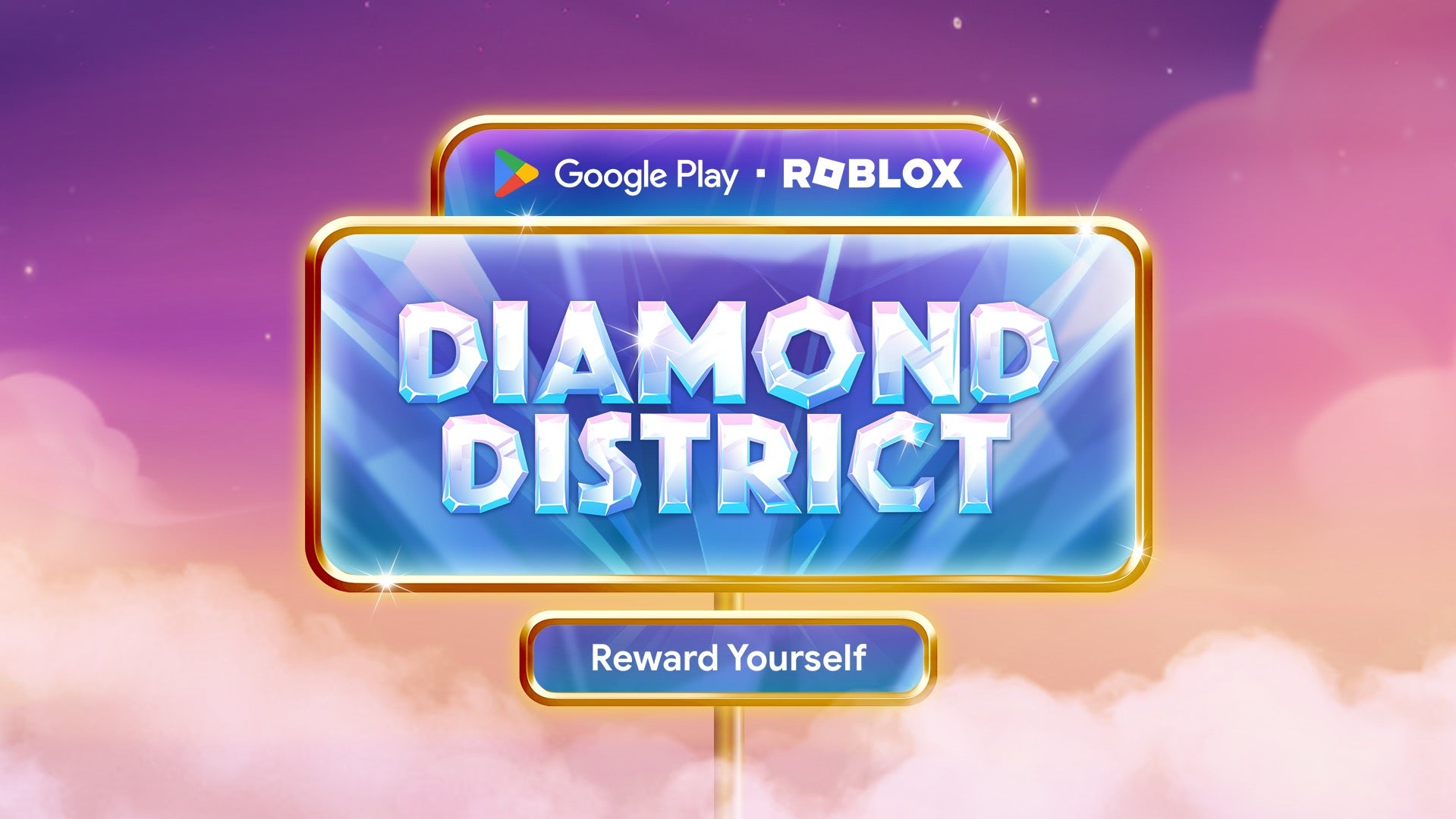

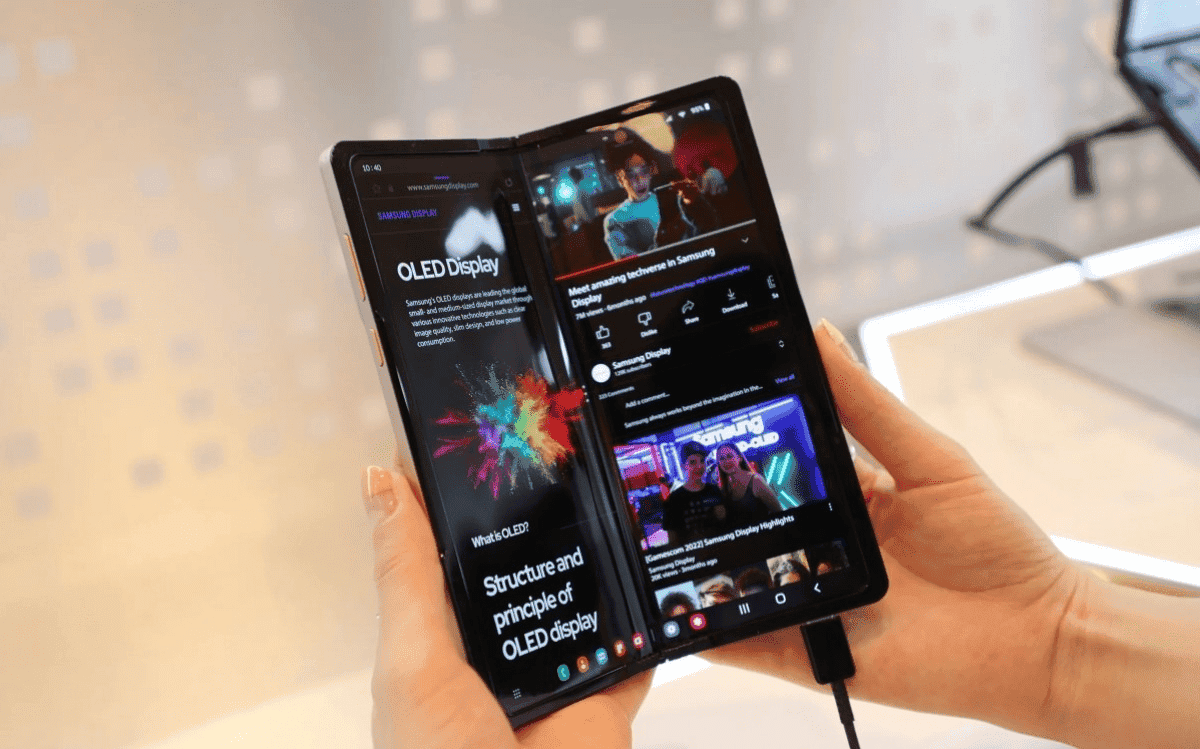



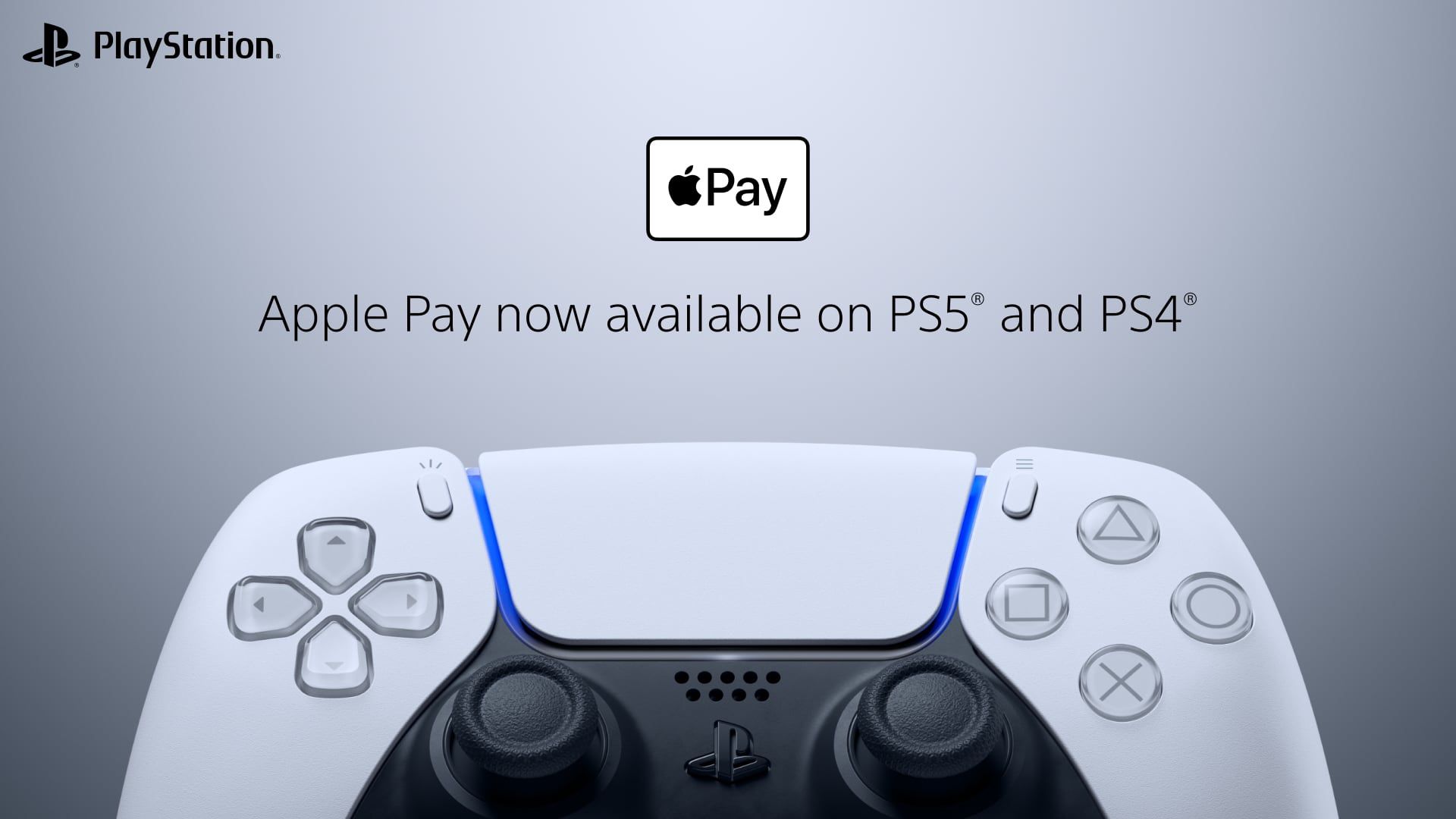
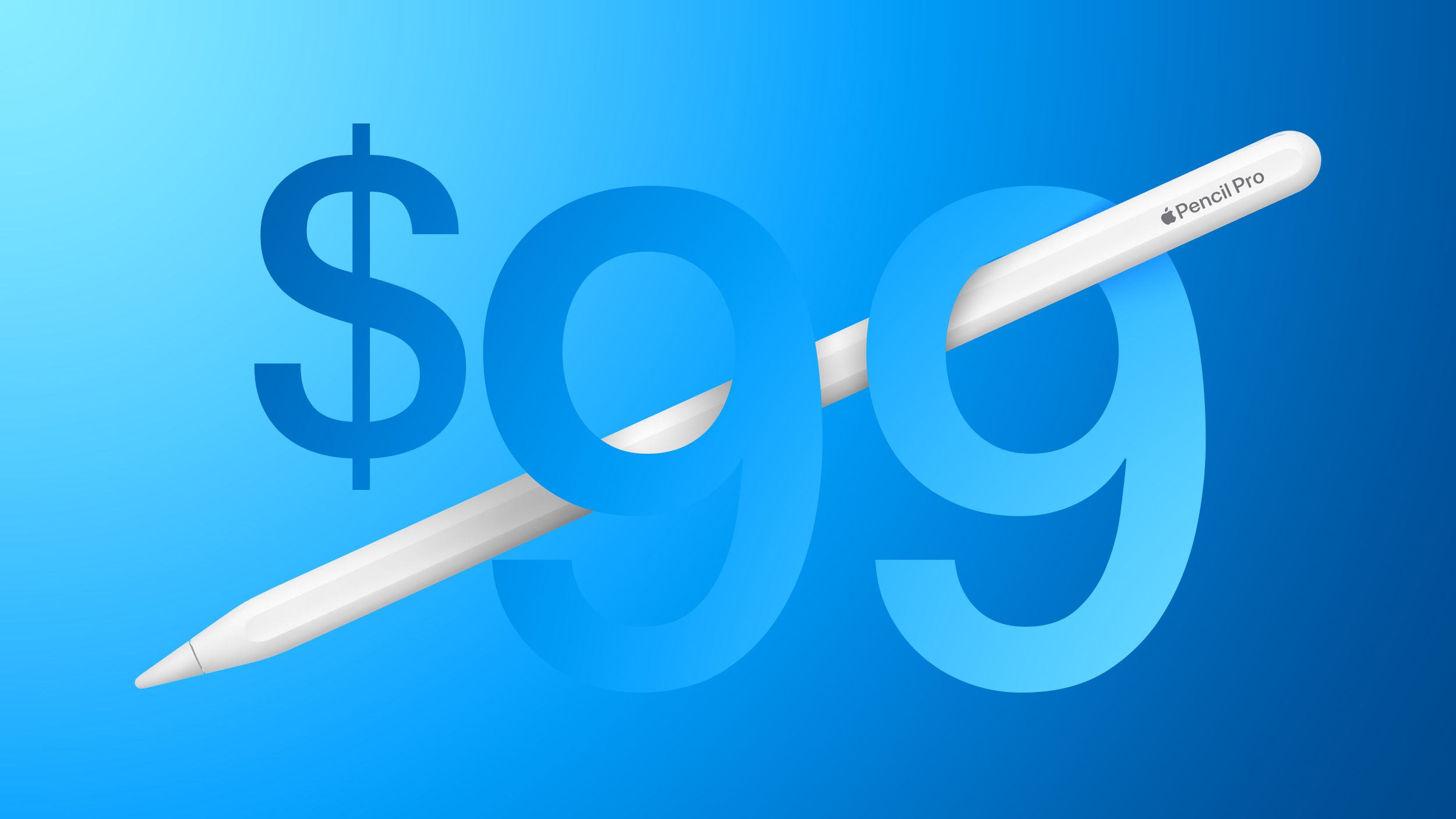
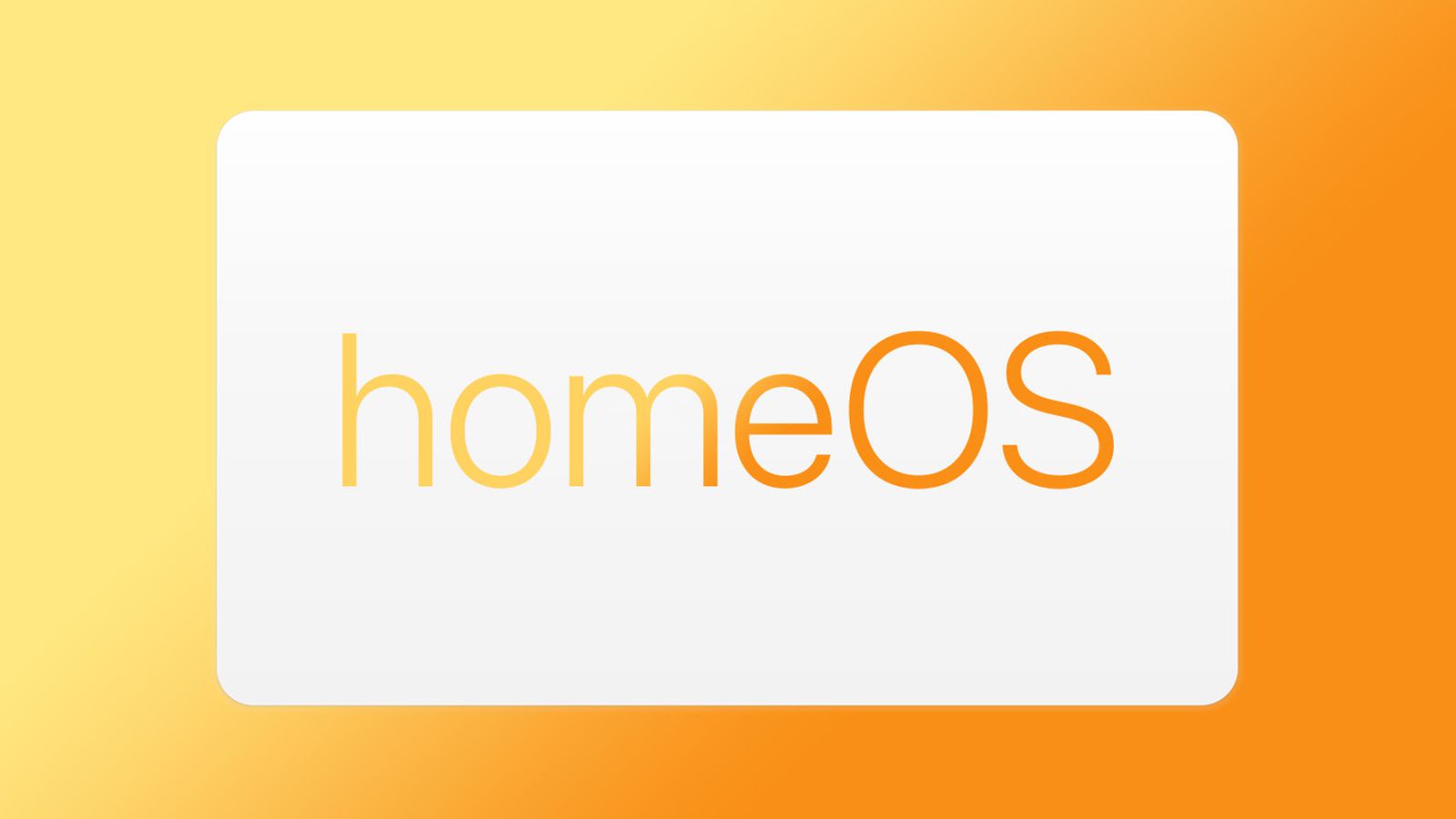






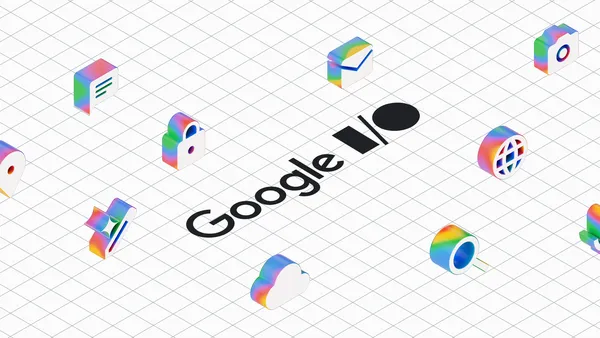
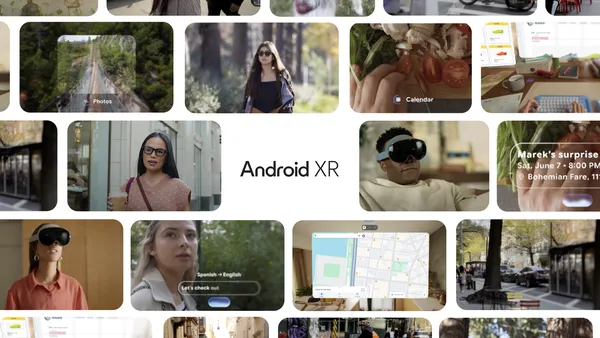









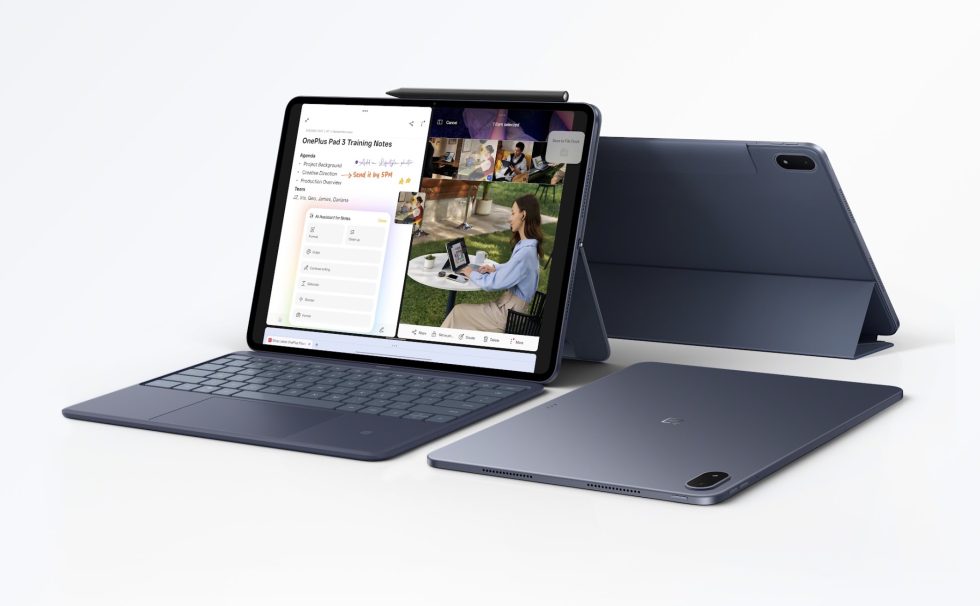




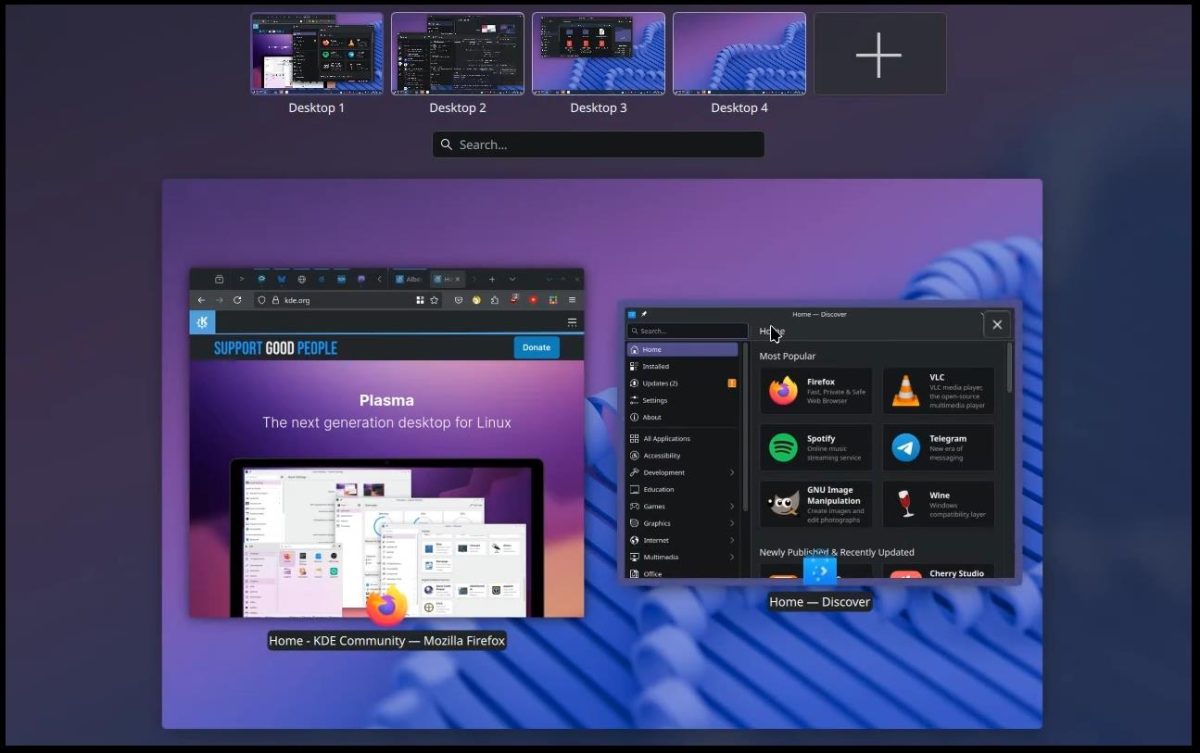
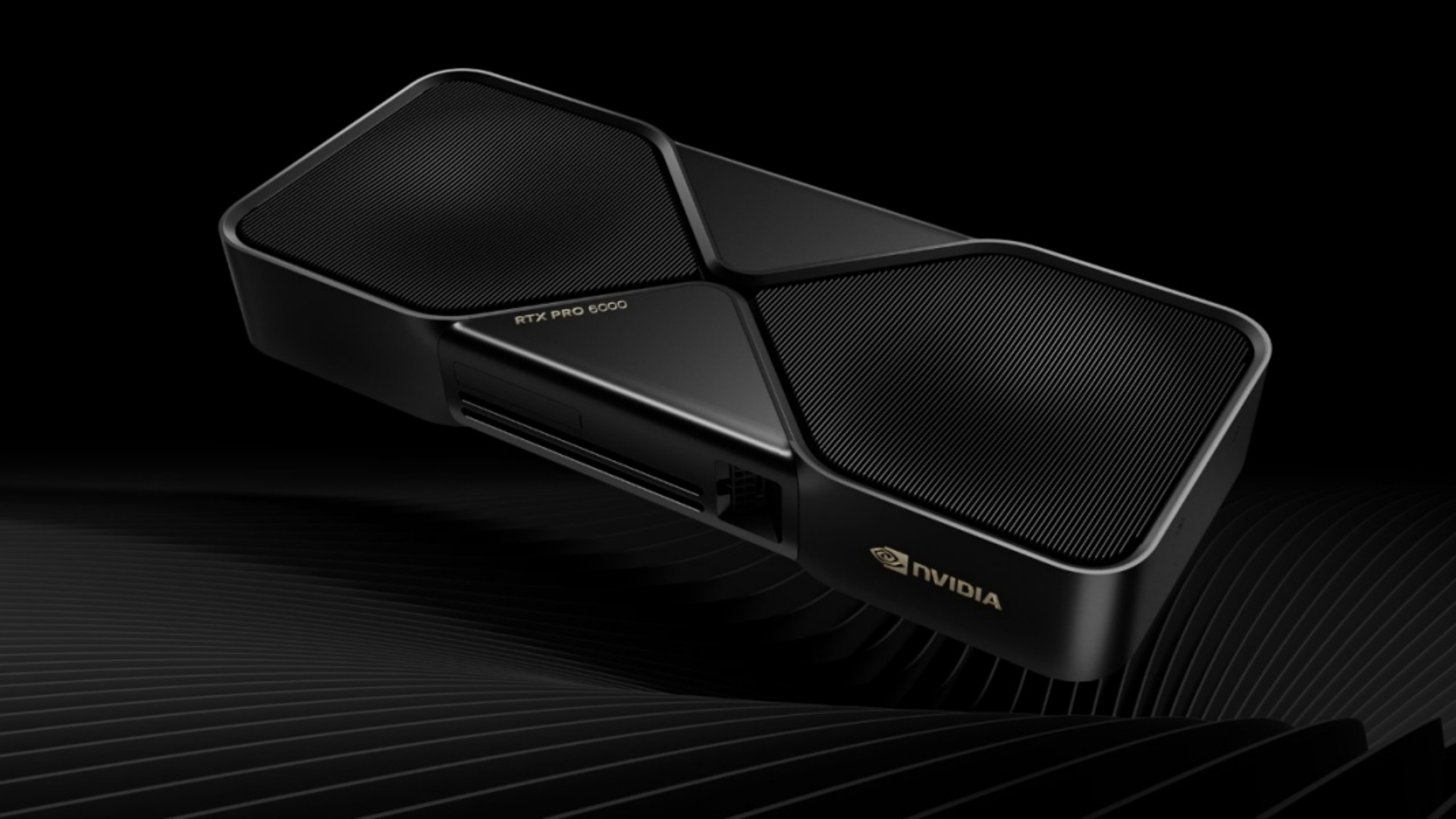

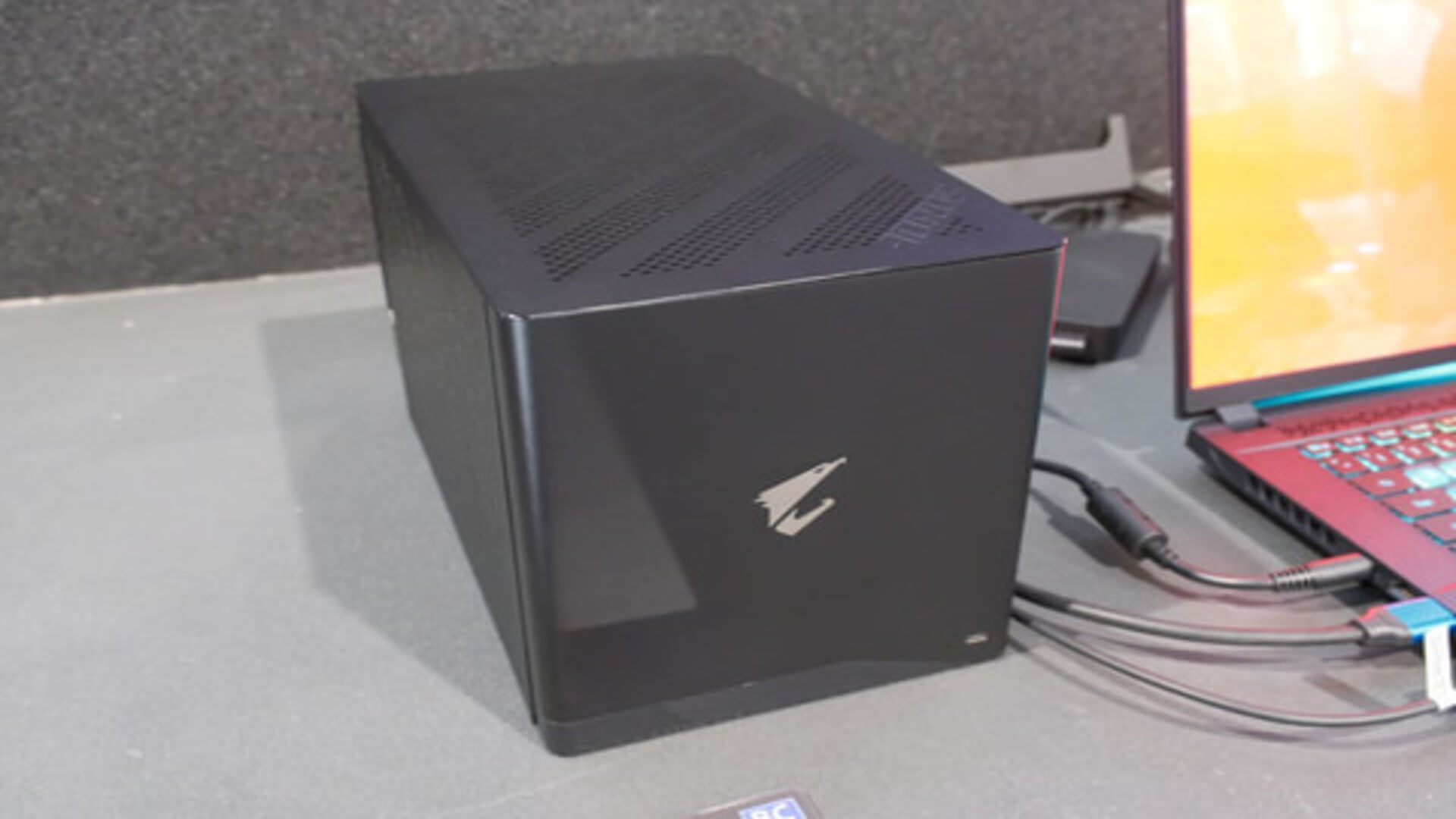














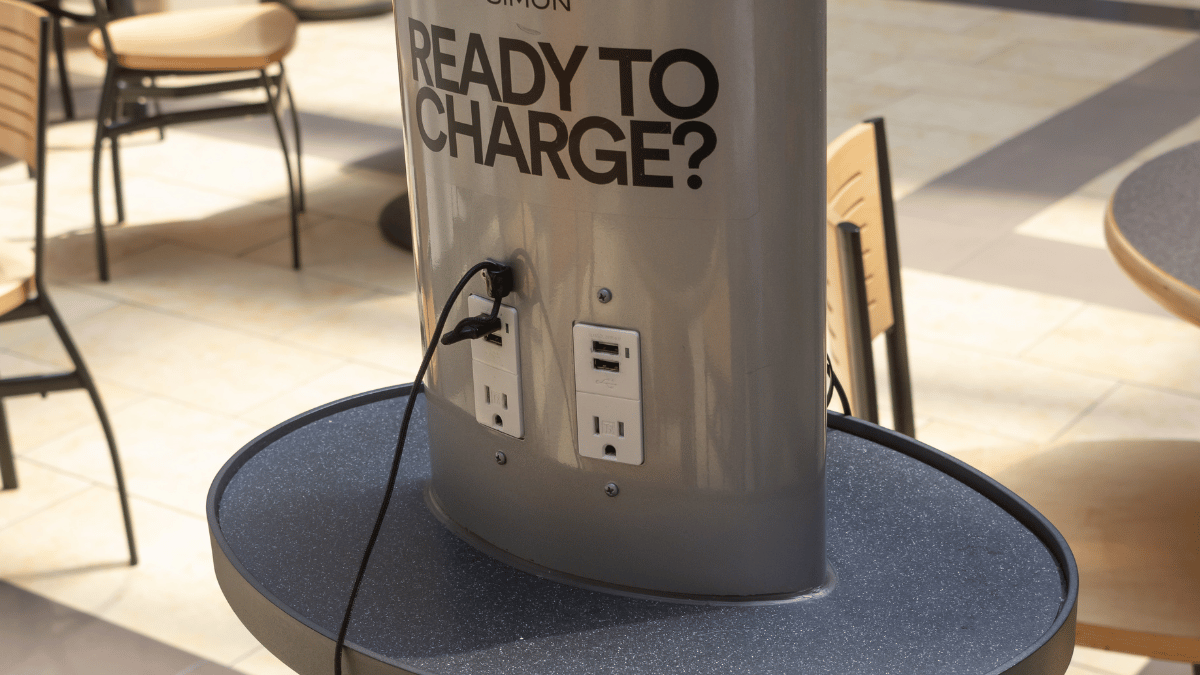


![iOS 18 Adoption Reaches 82% [Chart]](https://www.iclarified.com/images/news/97512/97512/97512-640.jpg)
![Apple Shares Official Trailer for 'The Wild Ones' [Video]](https://www.iclarified.com/images/news/97515/97515/97515-1280.jpg)


















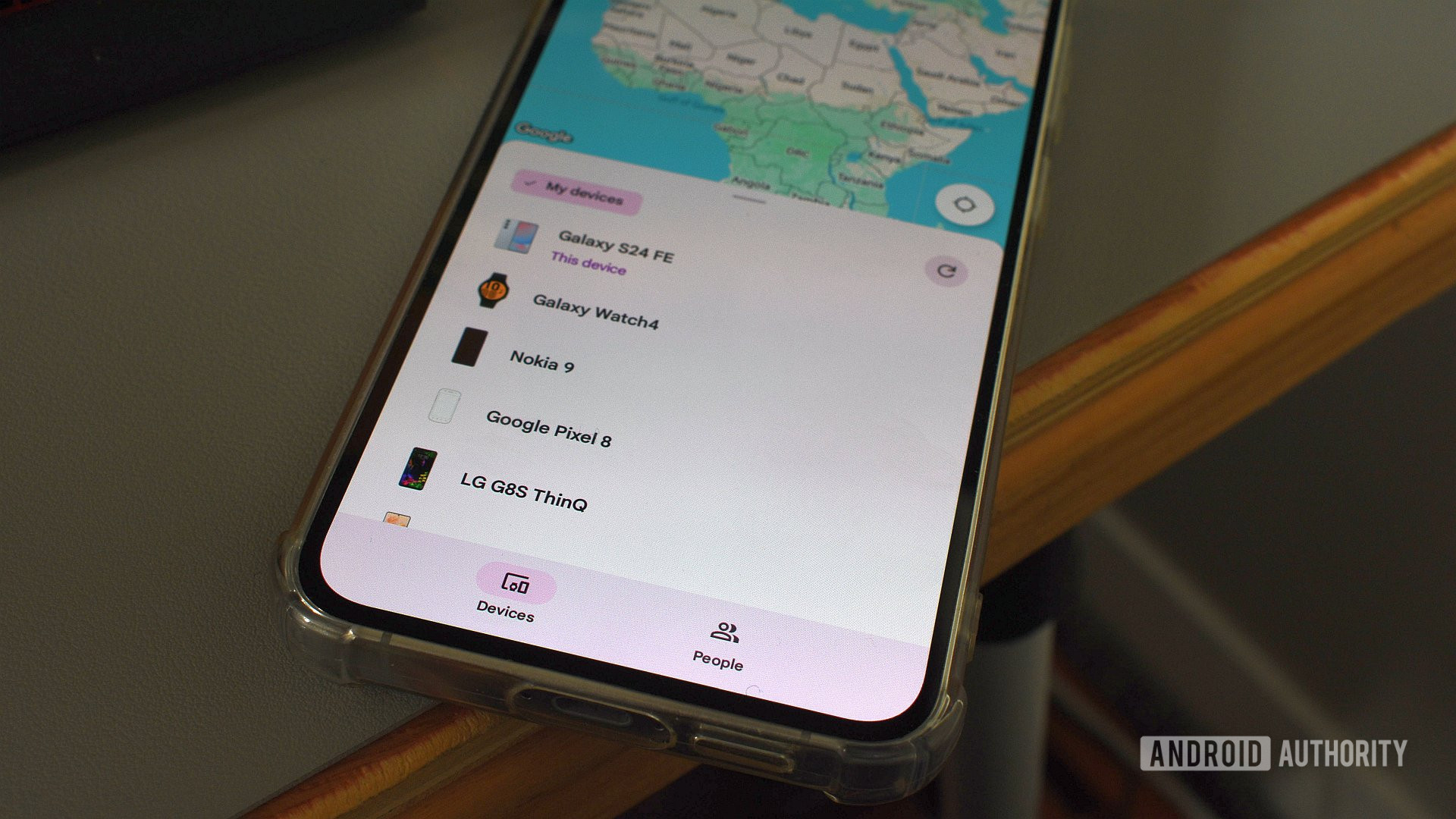



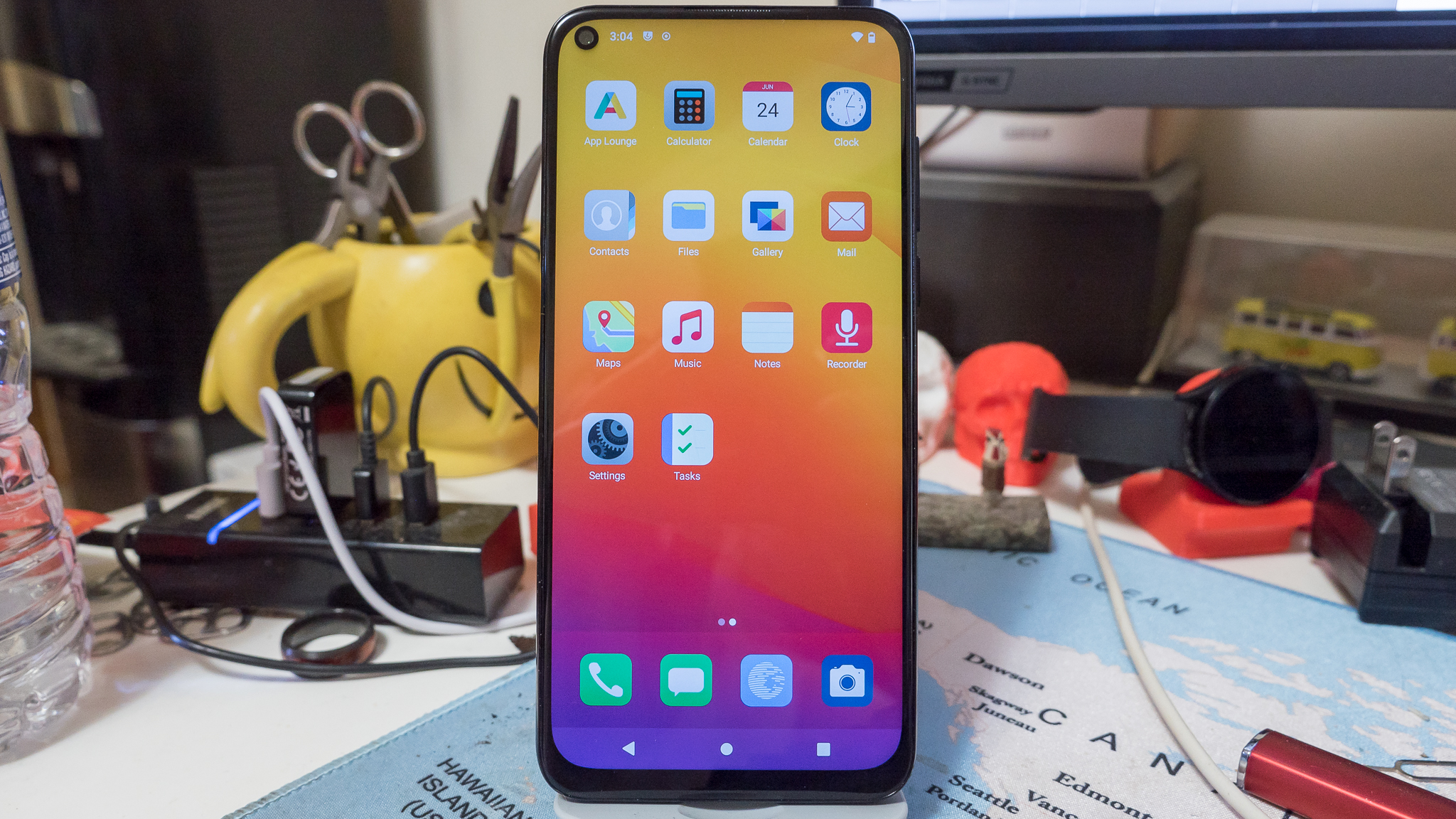

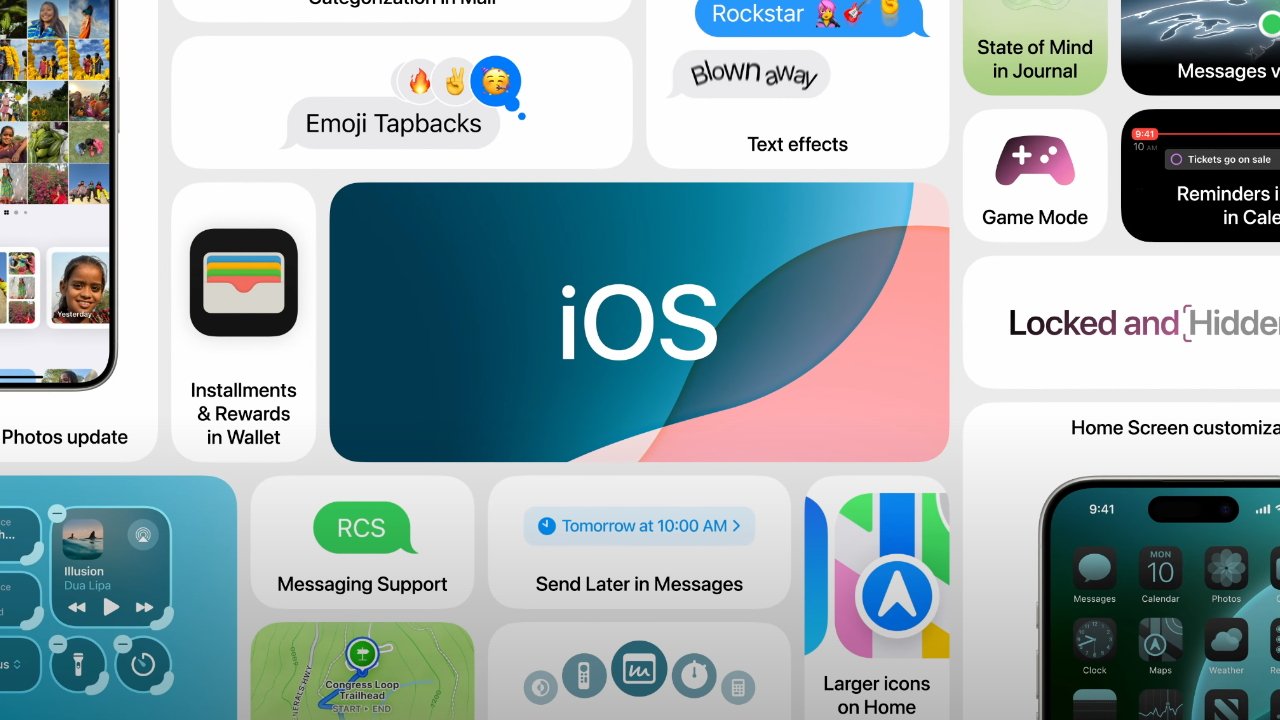
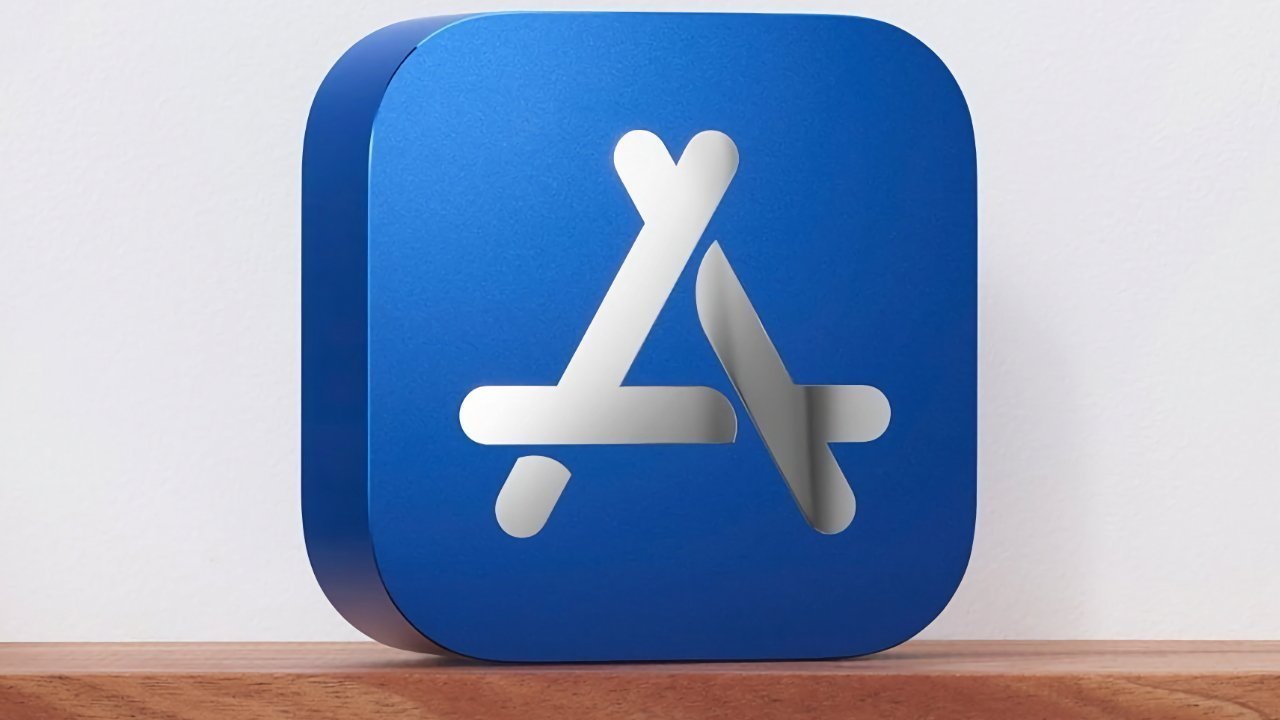



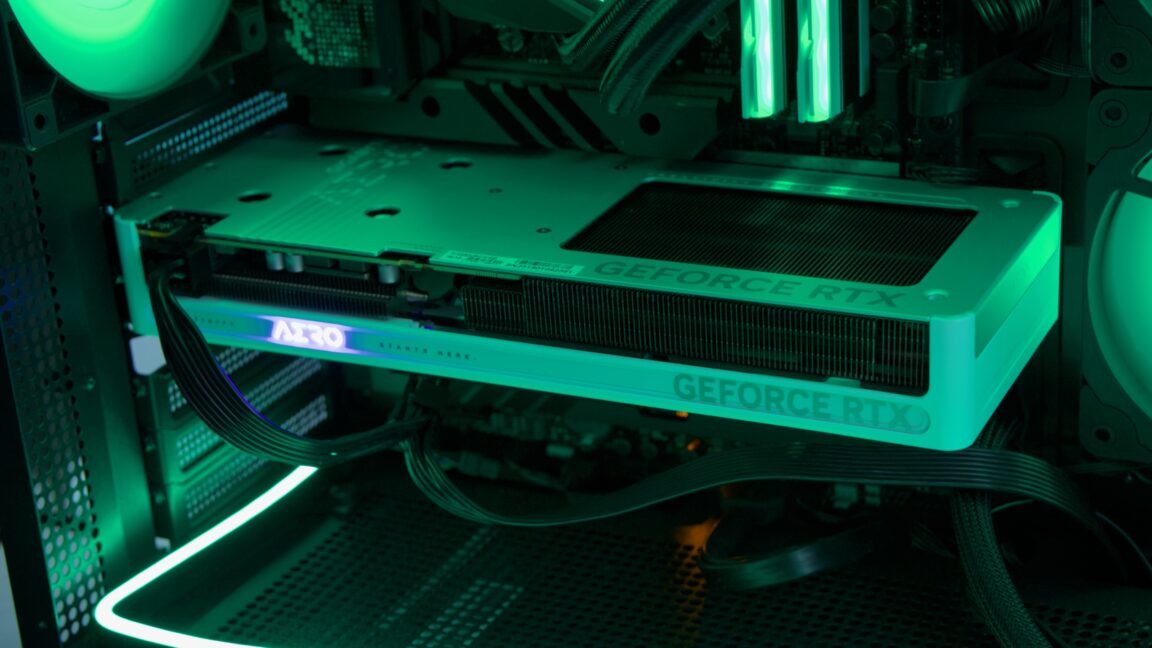
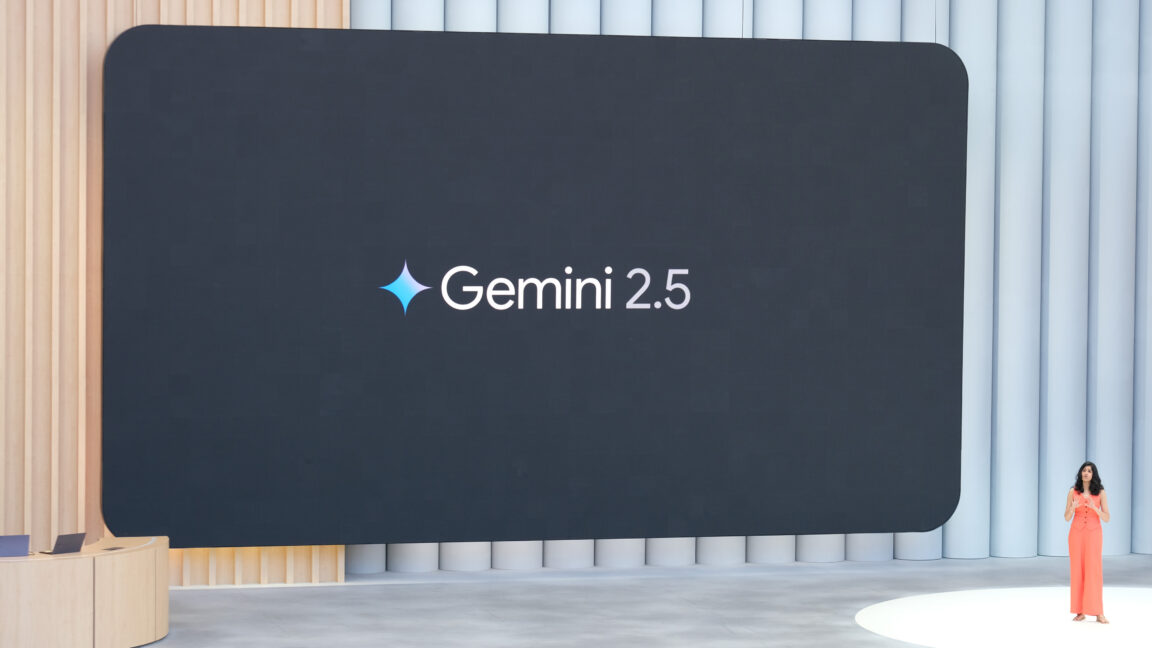





















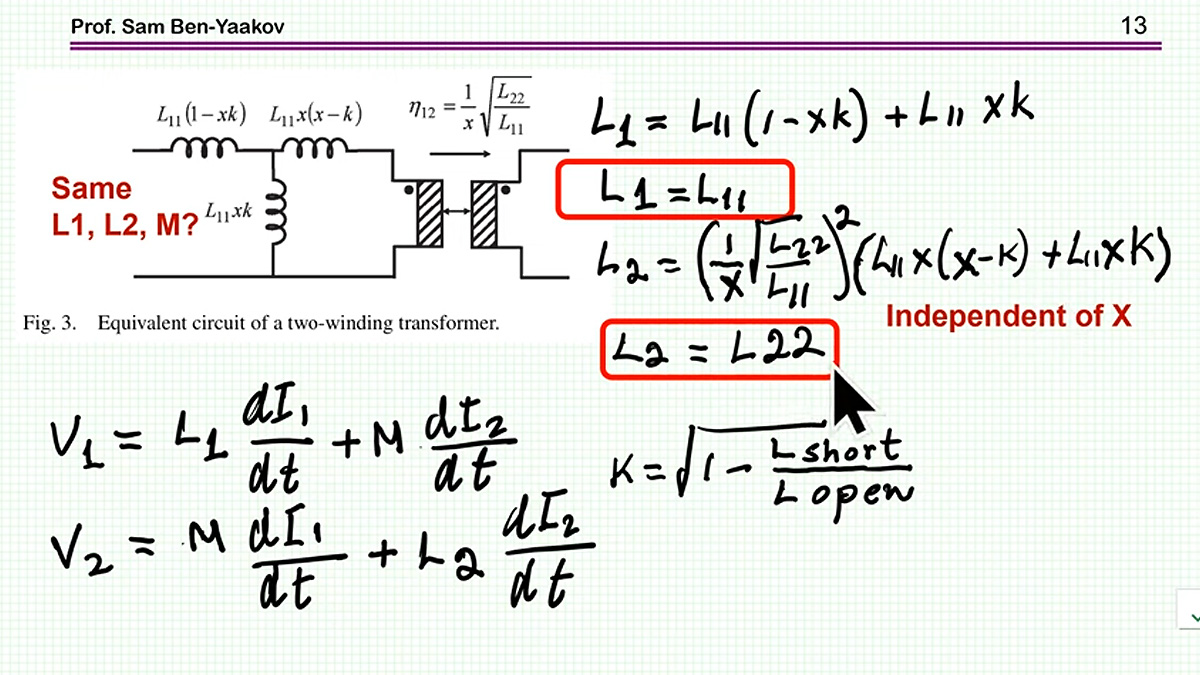
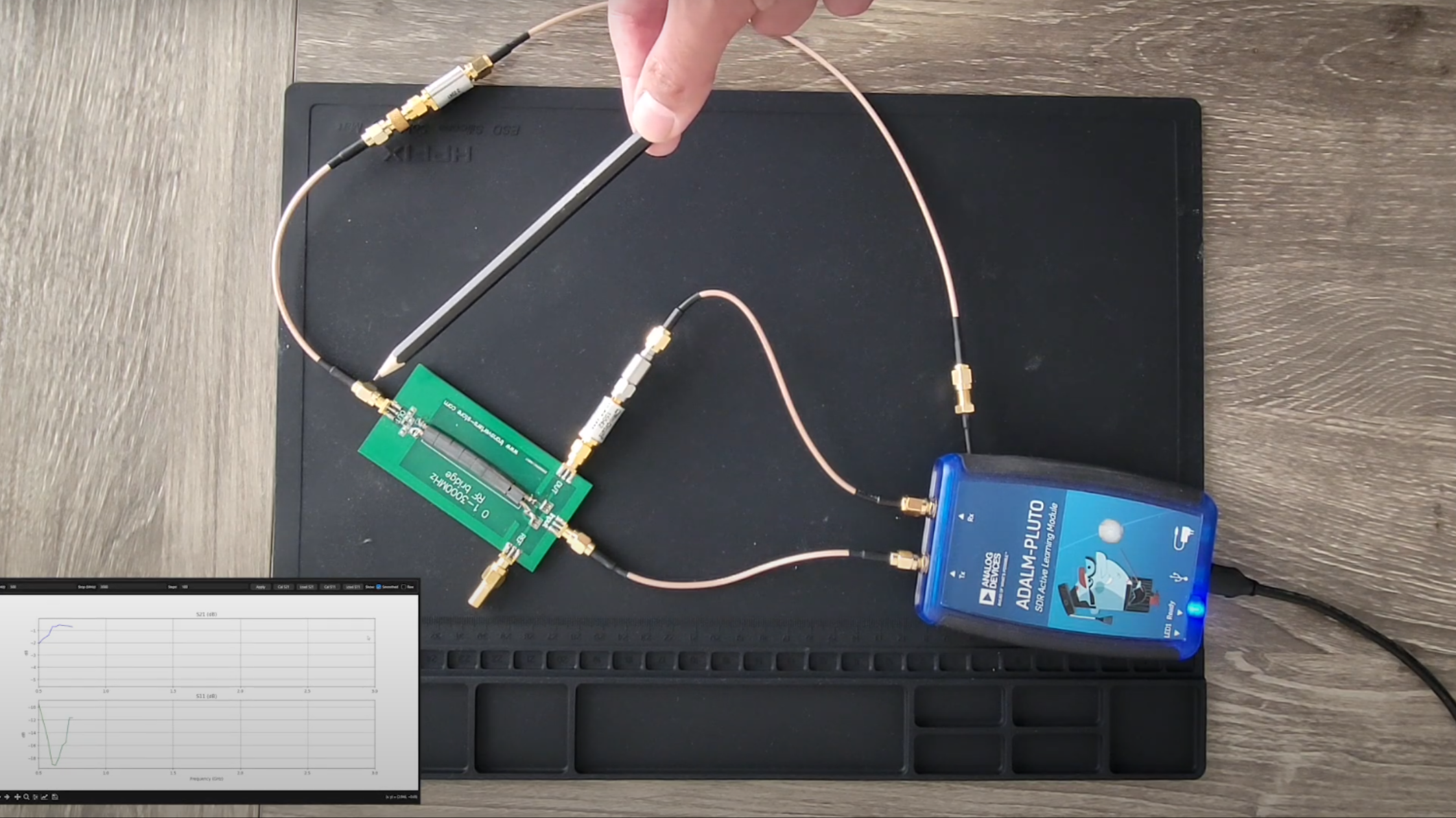













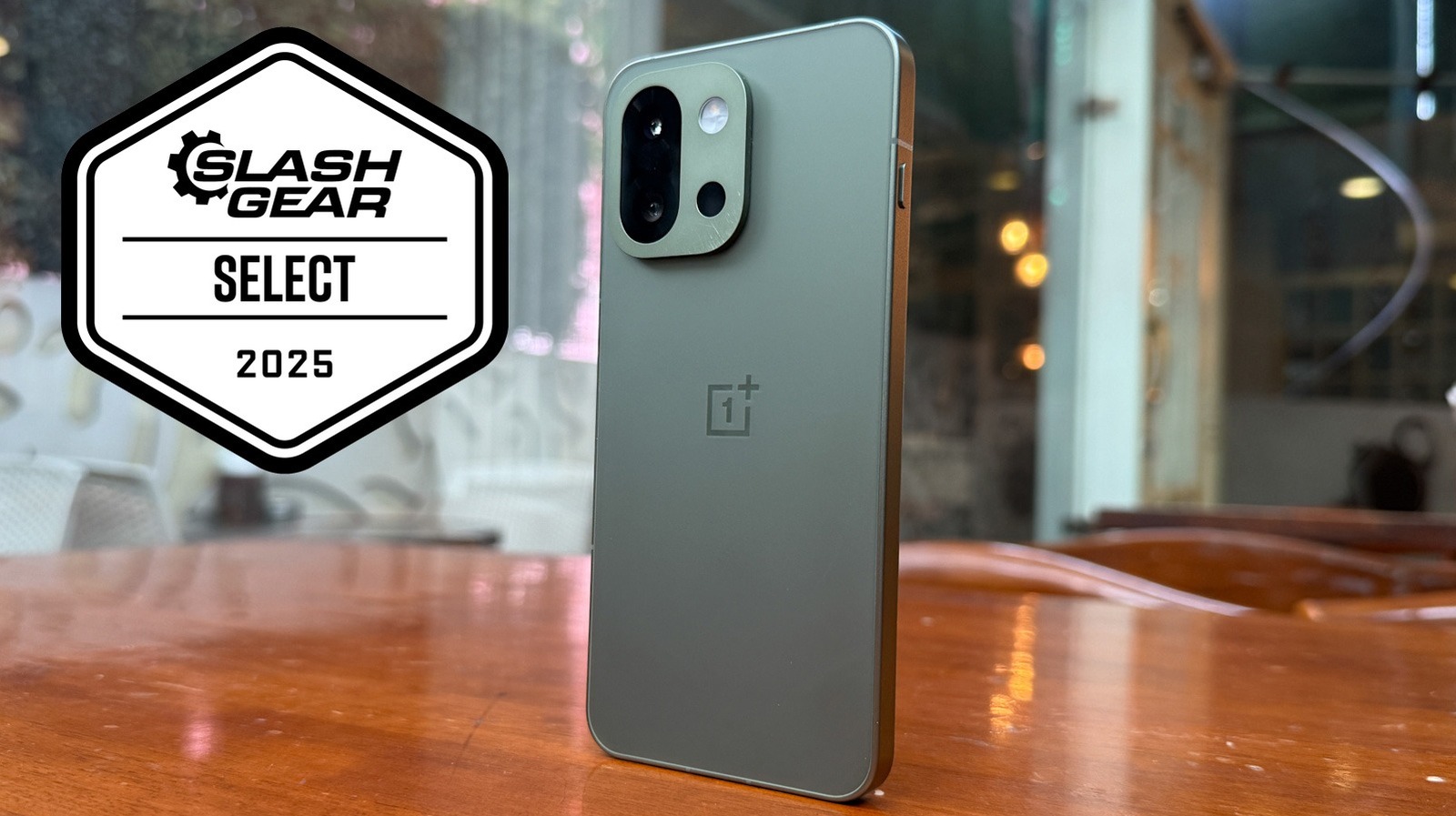






































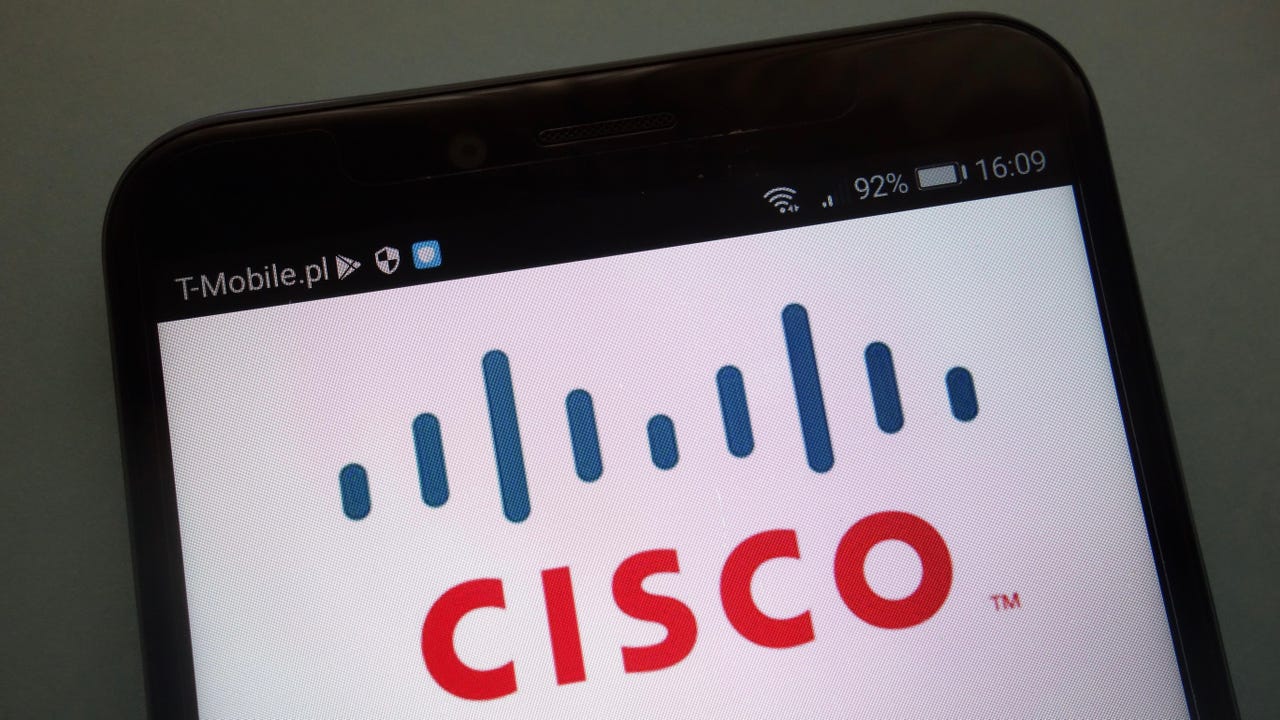
































































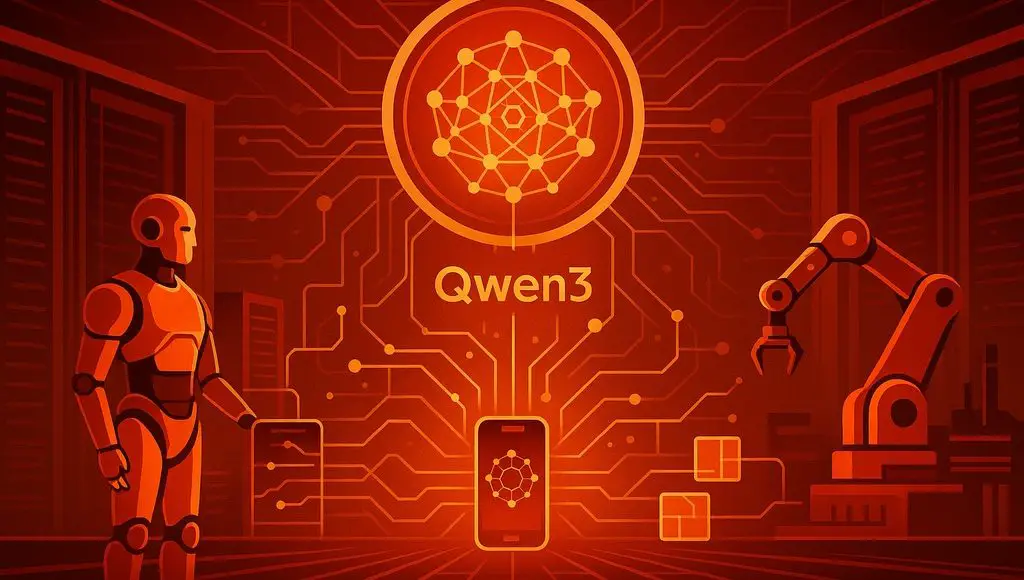

















































![[The AI Show Episode 151]: Anthropic CEO: AI Will Destroy 50% of Entry-Level Jobs, Veo 3’s Scary Lifelike Videos, Meta Aims to Fully Automate Ads & Perplexity’s Burning Cash](https://www.marketingaiinstitute.com/hubfs/ep%20151%20cover.png)















































































































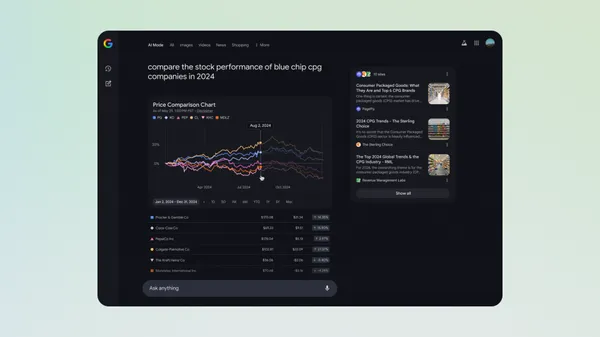




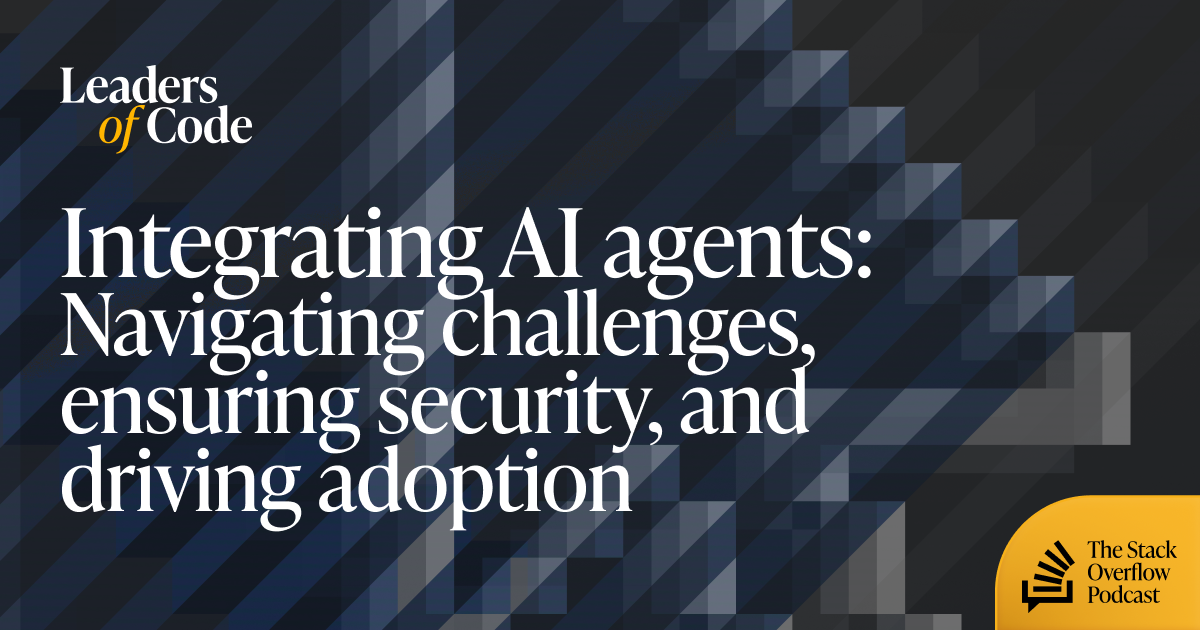




































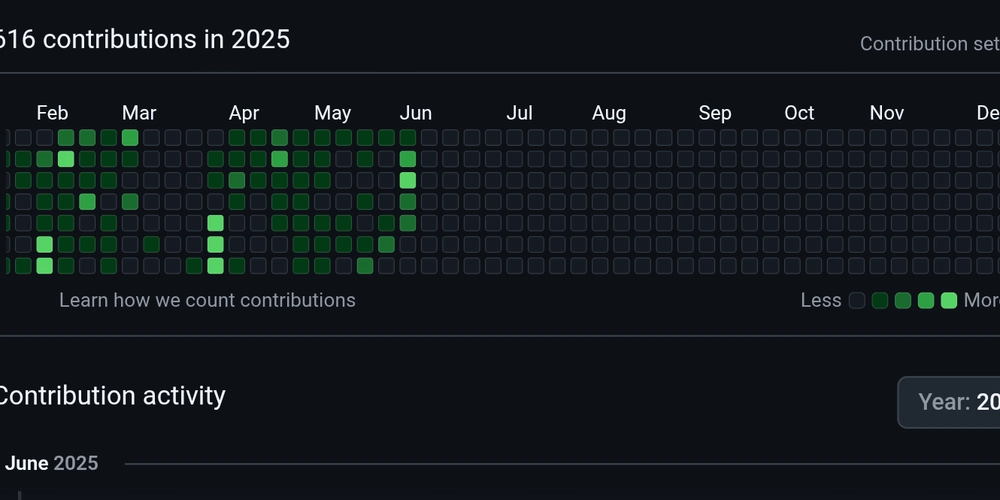
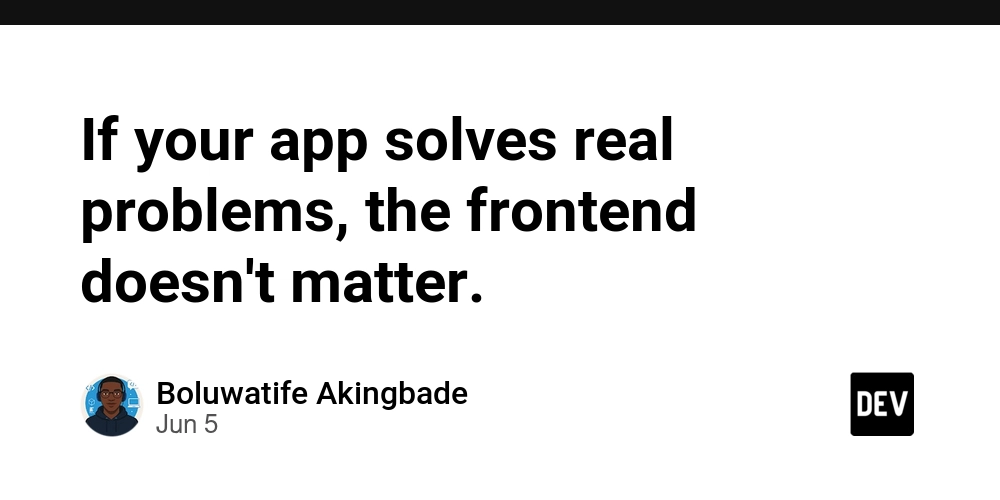
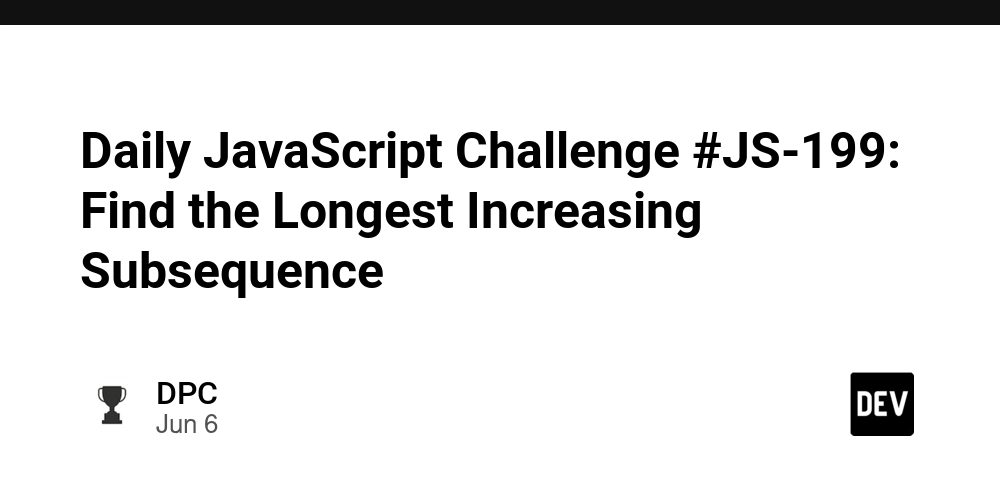






![[DEALS] FileJump 2TB Cloud Storage: Lifetime Subscription (85% off) & Other Deals Up To 98% Off – Offers End Soon!](https://www.javacodegeeks.com/wp-content/uploads/2012/12/jcg-logo.jpg)


















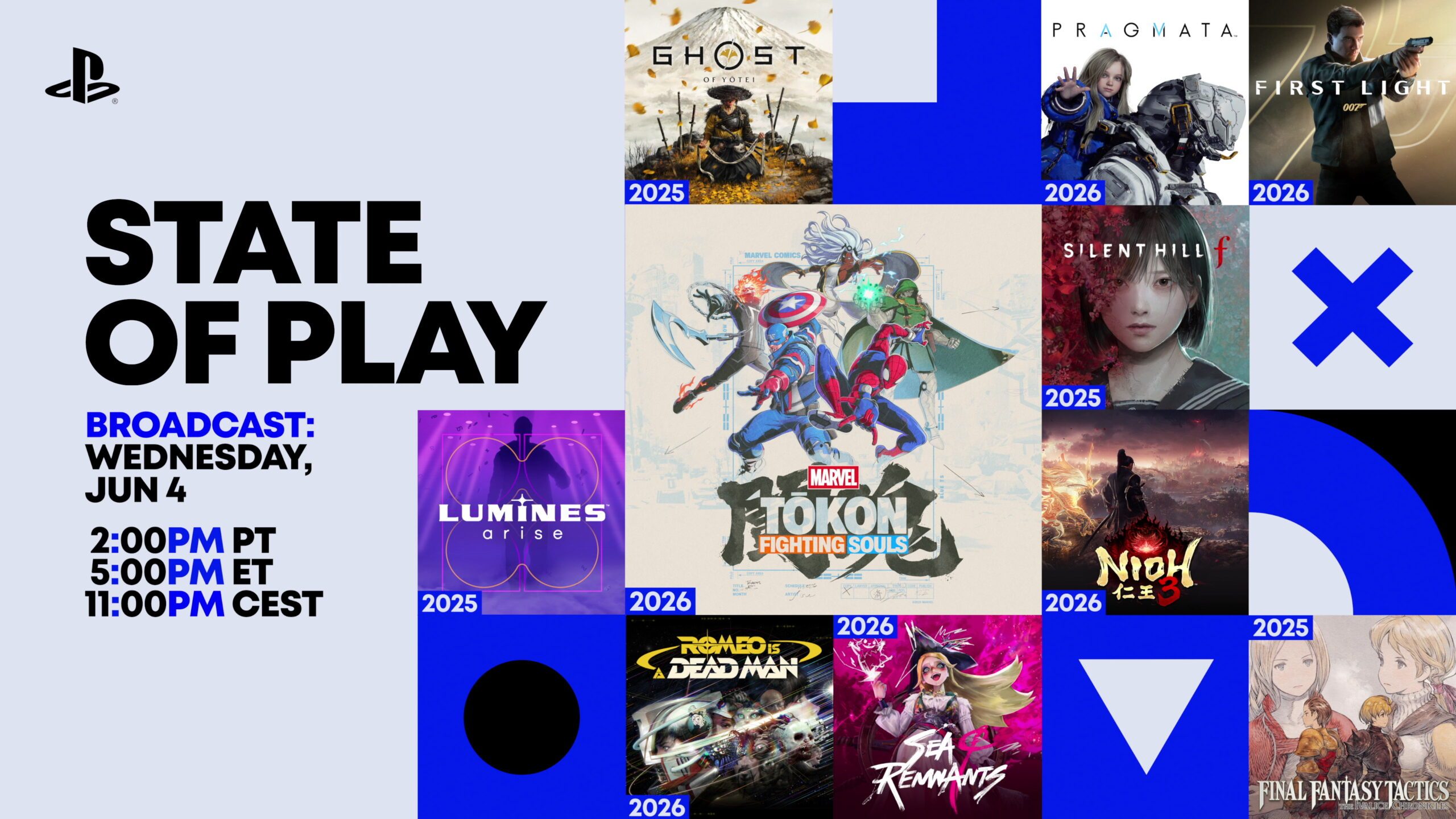

-0-8-screenshot.png?width=1920&height=1920&fit=bounds&quality=70&format=jpg&auto=webp#)
.jpg?width=1920&height=1920&fit=bounds&quality=70&format=jpg&auto=webp#)


